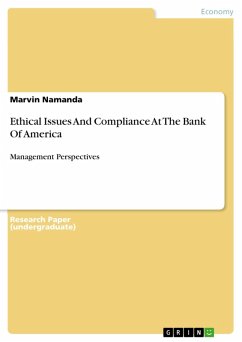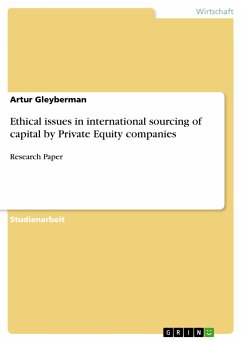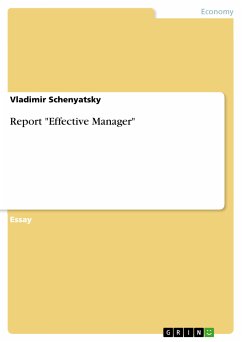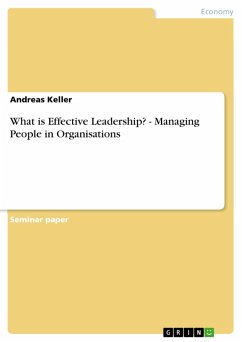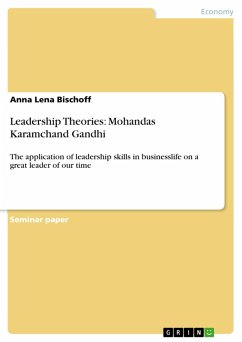Seminar paper from the year 2014 in the subject Business economics - Business Management, Corporate Governance, grade: 1.0, Humboldt-University of Berlin, language: English, abstract: In recent years one could observe a trend in global norm-setting processes towards an increased participation and influence of non-governmental organizations and private enterprises (Cutler et al., 1999; Scherer et al., 2006). This increasing international, political influence of private organizations is caused by a decreasing political influence of territorially limited governmental law and intergovernmental organizations due to more complex and mobile business environments (Zürn, 1998; Scherer et al., 2006). The collaboration of private actors is oftentimes related to the development and implementation of social and environmental standards for business processes (Scherer/Smid, 2000). The apparel and textile industry with its complex and multi-branched supply-chain is one of the industries where non-governmental actors are comprehensively involved in the development of initiatives to improve working conditions and reduce environmental pollution. In this context especially ethical labelling initiatives, which certify participating producers and their products with a product label, are of relevance. In the present seminar paper we will present three ethical labelling initiatives from the apparel sector, the Fair Wear Foundation (FWF), the Fairtrade Certified Cotton (FCC) and the Global Organic Textile Standard (GOTS) and study the effectiveness of these private governance initiatives.
Dieser Download kann aus rechtlichen Gründen nur mit Rechnungsadresse in A, B, BG, CY, CZ, D, DK, EW, E, FIN, F, GR, HR, H, IRL, I, LT, L, LR, M, NL, PL, P, R, S, SLO, SK ausgeliefert werden.


